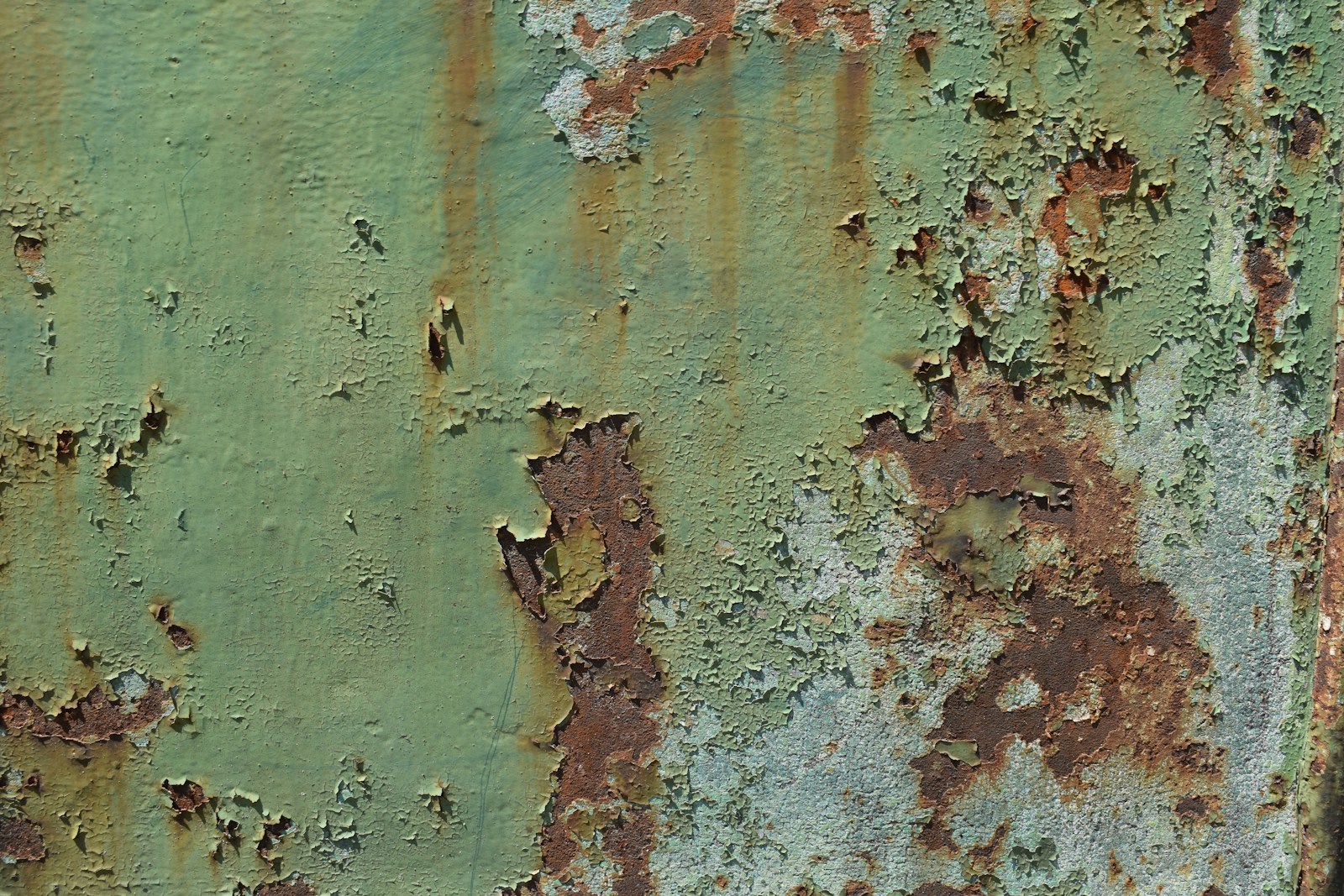The Legal Dead End
My first instinct was to pursue legal action. Surely someone should be held accountable—the inspector who missed glaring issues despite “20 years of experience,” or the seller who concealed dangerous conditions. But multiple attorneys delivered the crushing news: West Virginia is a “buyer beware” state with minimal consumer protections for homebuyers. The Supreme Court recently ruled that sellers have no duty to disclose mold in West Virginia. The inspection I paid for and trusted offered no recourse either. As one lawyer explained, the likelihood of winning in court was extremely low. This raises a troubling question: What’s the point of a home inspection if it does not protect against significant health hazards? I verified my inspector’s credentials, checked his reviews, and confirmed his VA approval. Yet here I am, stuck with a dangerous home and seemingly no legal options.The Ramsey Solution
When faced with this situation on The Ramsey Show, Dave offered practical advice that cut through my panic and provided a clear path forward:- Stop the exhausting commute. Renting a small, inexpensive apartment near my business would provide immediate stability and allow my children to return to school.
- Consider obtaining a second legal opinion, potentially by consulting an attorney who would take the case on contingency if they believe it’s winnable.
- Get multiple estimates for mold remediation (focusing only on the mold, not the code issues)
- Save aggressively from my monthly income to fund the repairs
- Complete the minimum necessary remediation to make the home safely sellable
- Put the property on the market with proper disclosures
Financial Clarity in a Toxic Situation
What I appreciate about Dave’s approach is how he objectively broke down my financial situation. With approximately $10,000 in monthly income from my disability benefits and business, I can allocate funds strategically to solve this problem without resorting to foreclosure. The $1,500 mortgage payment is manageable within my budget, even while temporarily renting elsewhere. This gives me breathing room to address the mold issue properly rather than making desperate decisions that would damage my long-term financial health. Sometimes the best financial decisions aren’t about maximizing profit but minimizing damage. In my case, taking a short-term hit to remediate the mold is far better than the long-term consequences of foreclosure on my credit report.The Bigger Lesson
My situation highlights the importance of understanding local real estate laws before purchasing. Had I known West Virginia was a “buyer beware” state with limited seller disclosure requirements, I might have hired specialized inspectors for mold and other potential hazards. It also underscores why emergency funds are so critical. Without savings to cover unexpected disasters like this, homeowners can quickly find themselves in impossible situations. While I still face a difficult road ahead, Dave’s practical advice provided a framework for addressing this crisis systematically rather than emotionally. By focusing on one step at a time—first stabilizing my family’s living situation, then addressing the mold, and finally selling the property—I can work through this nightmare without destroying my financial future. Sometimes the best financial advice isn’t about getting rich quick but about finding a path through difficult circumstances with your dignity and credit score intact. That’s exactly what Dave Ramsey offered me, and it’s advice I’ll be following to the letter.Frequently Asked Questions
Q: What should homebuyers do to protect themselves in “buyer beware” states?
In states with limited seller disclosure requirements, homebuyers should conduct specialized inspections beyond the standard home inspection. Consider hiring separate mold inspectors, radon testers, and other specialists based on regional concerns. Research local real estate laws and include contingency clauses to cover hidden issues before buying.
Q: Is foreclosure ever a good option when discovering major issues after purchasing a home?
Foreclosure should generally be considered a last resort due to its severe impact on your credit score and future borrowing ability. Before considering foreclosure, explore alternatives like remediation and resale, negotiating with your lender for temporary payment adjustments, or pursuing legal action against responsible parties. The long-term financial damage from foreclosure often outweighs the short-term relief it provides.
Q: How can homeowners safely address mold issues while minimizing costs?
Start by getting multiple estimates from licensed mold remediation specialists to compare costs. Address the source of moisture causing the mold growth to prevent recurrence. For small areas, some remediation might be possible as a DIY project with proper safety equipment, but extensive or toxic mold (like Stachybotrys) requires professional handling. Focus on making the home safely sellable rather than perfect, and maintain thorough documentation of all testing and remediation for disclosure to future buyers.
Q: What recourse do homebuyers have against negligent home inspectors?
Options vary by state, but potential recourse may include filing complaints with professional licensing boards, pursuing claims against the inspector’s errors and omissions insurance, or legal action for negligence or breach of contract. Review your inspection agreement carefully, as many contain liability limitations. Consult with attorneys who specialize in real estate law, and consider seeking second opinions if your first consultation is discouraging. Document all damages resulting from the missed issues to strengthen your case.







